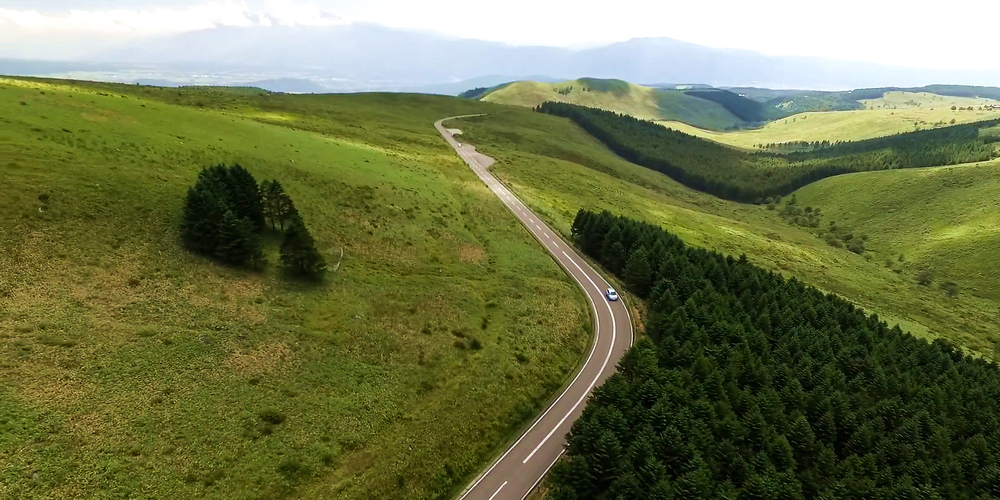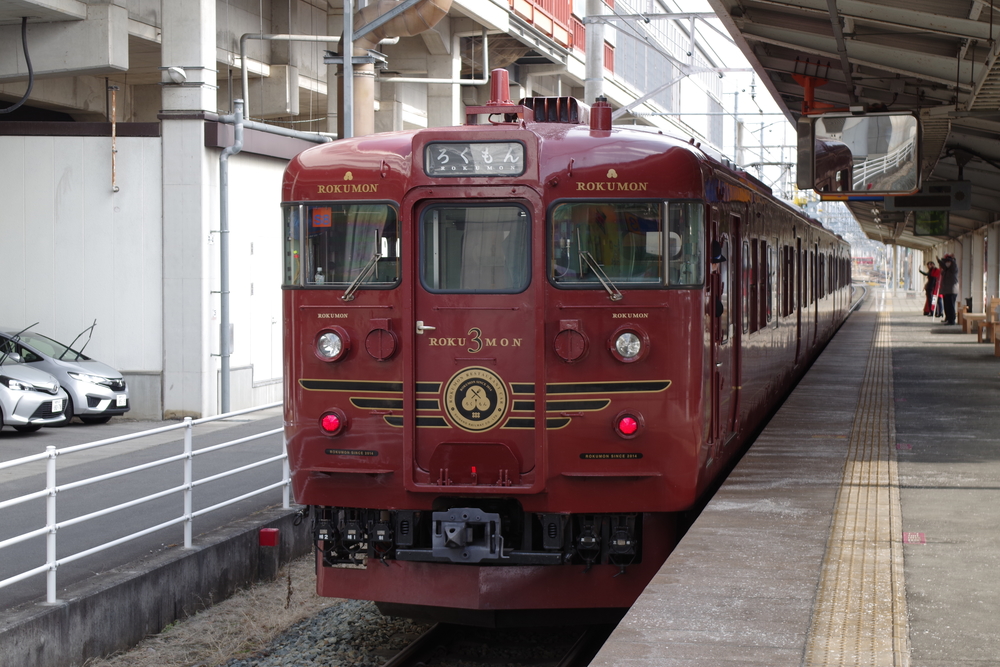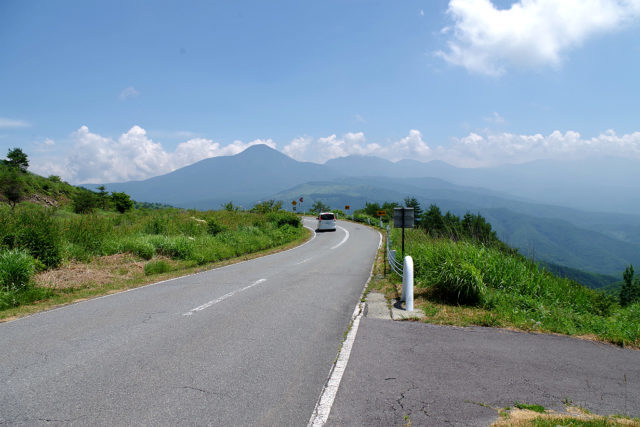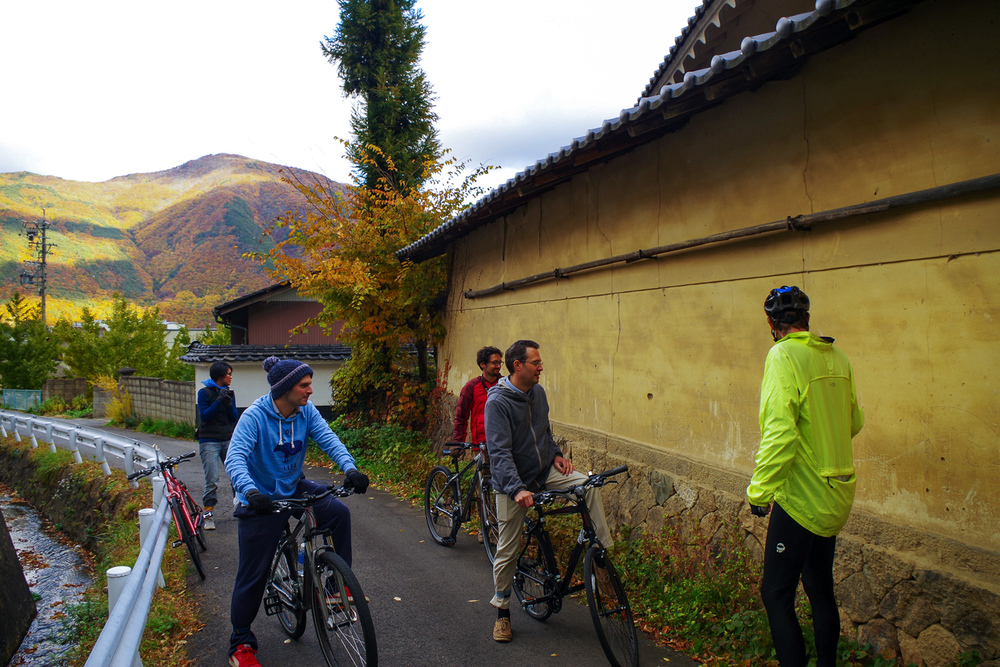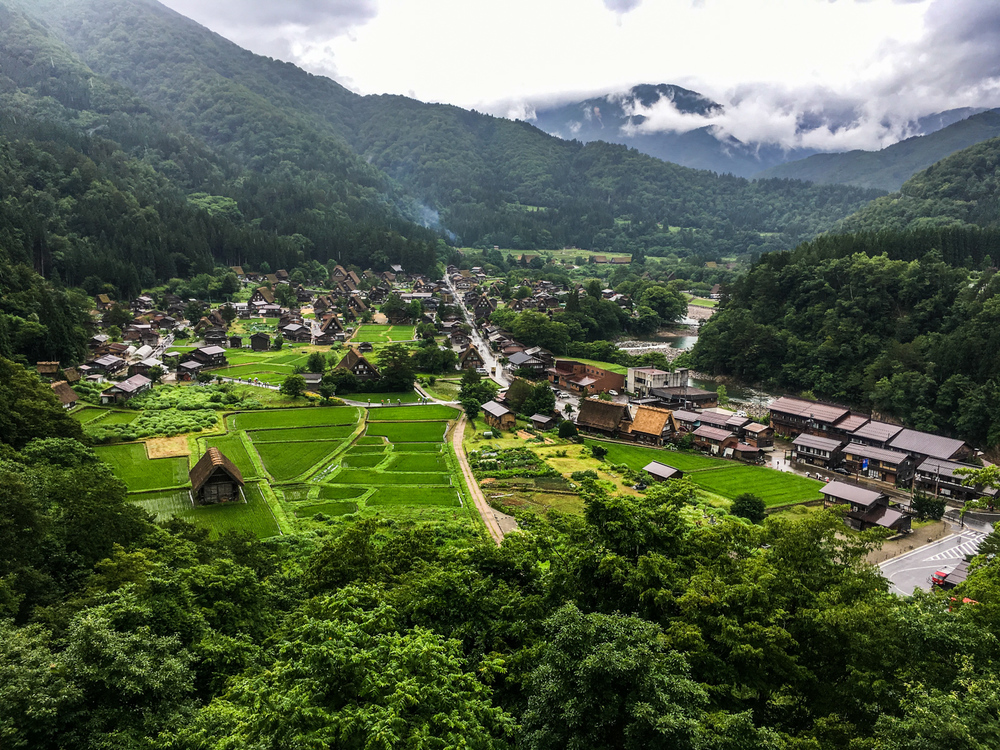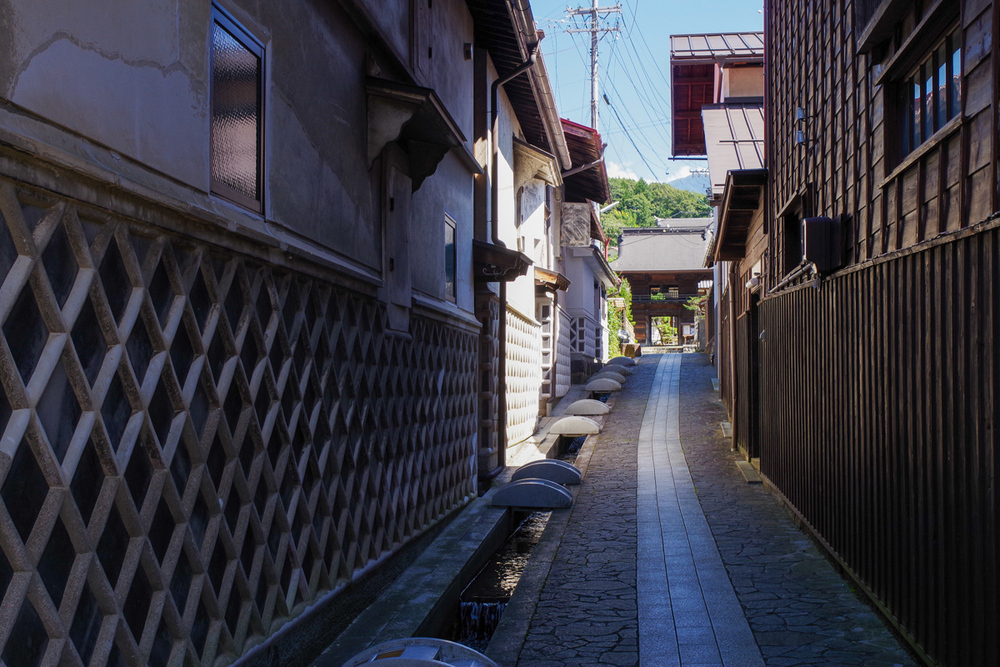The Night View Train to Obasute

Take a train ride from Nagano to one of the city's most beautiful nighttime viewpoints.
Perched several hundred meters above Chikuma City is Obasute Station which boasts beautiful scenery of the Nagano valley. The Shinano line passes through this area on its way between Nagano and Matsumoto cities, and is considered one of Japan’s three best train line views.
From May to September, JR runs a special train called the Night View Obasute. It has extra wide windows, glossy hardwood floors and extra-comfy seats. For 2,500 yen you get a round trip ticket between Obasute and Nagano Stations, and a delicious bento box featuring local ingredients (including rice from Obasute’s terraced rice fields).

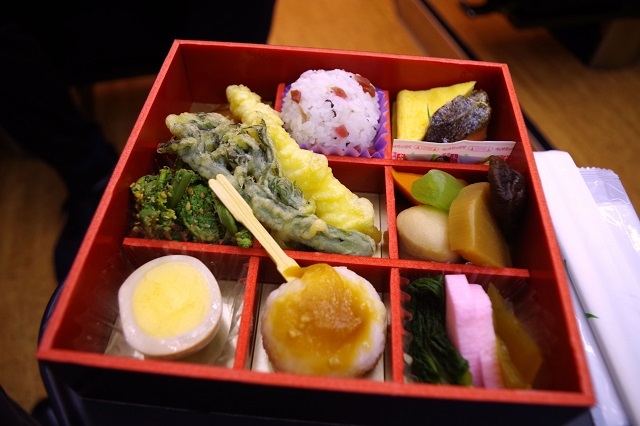
We rode the Night View train on September 17th in order to catch the full moon, but the weather didn’t cooperate and it was nowhere in sight! The bright lights of Nagano City below, however, were spectacular.

Tyler Lynch, one of Nagano’s Foreign Ambassadors and local residents, told us about the area and its local legends (see below). We warmed up with some free snacks: hearty miso soup and sweet amazake (a non-alcoholic fermented rice beverage). In the other room a singer-songwriter duo performed classic melodies, both western and Japanese.
It was too dark to venture far from the station, but there are several walking paths that one can take from the station to nearby temples and Obasute’s famous terraced rice fields. In Spring, cherry blossom trees dot the hills and the rice paddies are filled with water, reflecting the blue sky during the day and the full moon at night. In October and November, the leaves turn bright red and orange and the rice is harvested and hung out to dry.
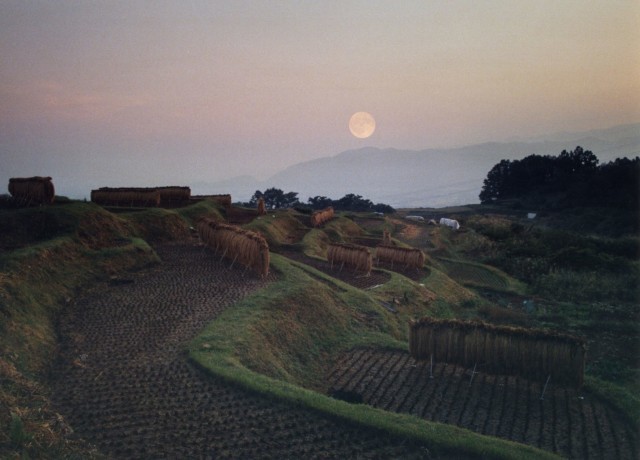
In a convenient location between Nagano and Matsumoto cities, Obasute is a great place to stop for beautiful views of the Japanese countryside. Day or night; spring, summer, or autumn, Obasute offers magical scenery.
the Obasute Legend
The name “Obasute” actually means “a dumping ground for old ladies.” According to legend, once upon a time the elderly were left in these mountains to starve when they were no longer able to work. The story goes something like this:
A long, long time ago, the ruler of this land despised elderly people and declared that anyone over the age of 60 must be thrown away into the mountains. No one could defy him, so it became a law of the land.
One day, a young man began climbing up the mountain with his mother on his back. The young man was deeply saddened but had no choice but to do his duty. Along the way, he noticed a recurring sound—his mother was snapping the branches of the trees and throwing them on the ground. He thought it strange but he remained silent and continued climbing.
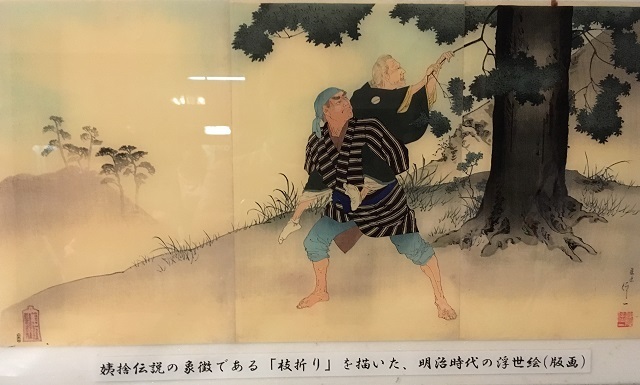
The place where they abandoned the elderly was deep, deep in the mountains. When he was ready to leave, the sun had already set and it was quite dark. His mother said, “I dropped branches along the path, please follow them back home.” Touched by his mother’s love for him, he resolved to disobey his ruler’s orders and brought his mother back with him.
Sometime later, the ruler of the neighboring country sent a messenger to the ruler of the young man’s country. He said, “make a rope with ash. If you cannot, we will invade your kingdom.” The ruler, puzzled by the riddle, asked his retainers and servants but no one could produce the answer. So he finally sent word throughout the land.
When the young man heard, he went back home and asked his mother who had been hiding carefully in his house. “That’s easy,” she said, “make a rope out of straw that has been soaked in salt water and burn it.” The young man promptly followed the instructions and made a rope of ash, then brought the answer to his ruler.
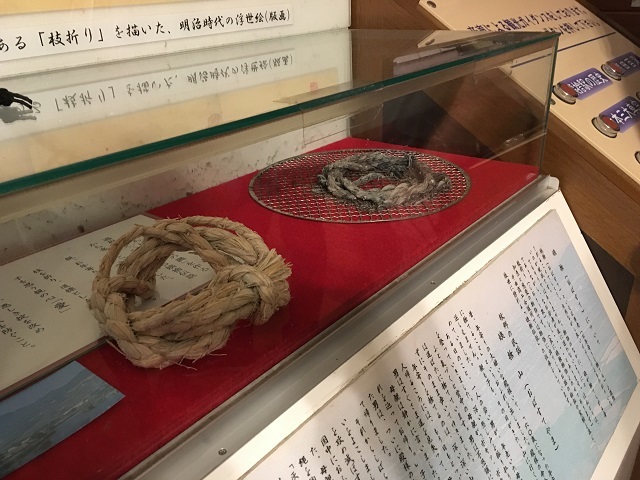
However, the neighboring ruler devised yet another riddle: pass a thread through a hole in finely-spiraled conch shell. This time as well, the son asked his mother and followed her instructions: rub honey on one side of the hole, and from the other side insert an ant that has been tied to the thread.
Seeing that both riddles had been so cleverly answered, the neighboring ruler called off his attack. “There’s no way we could fight against a country that has people who are so wise.”
The ruler of the now-saved country, incredibly pleased, invited the young man to his castle and said to him, “I will reward you. Name anything you wish and it is yours.” After a long pause, the young man made up his mind and told the ruler about his mother. Hearing his story, the ruler realized that the elderly were indeed a valuable part of his country and abolished his law that sent them into the mountains.
Now Nagano is the longest living prefecture in Japan, and the practices of old only remain in the name of the mountain, “Obasute.”
Update:2020/01/17


